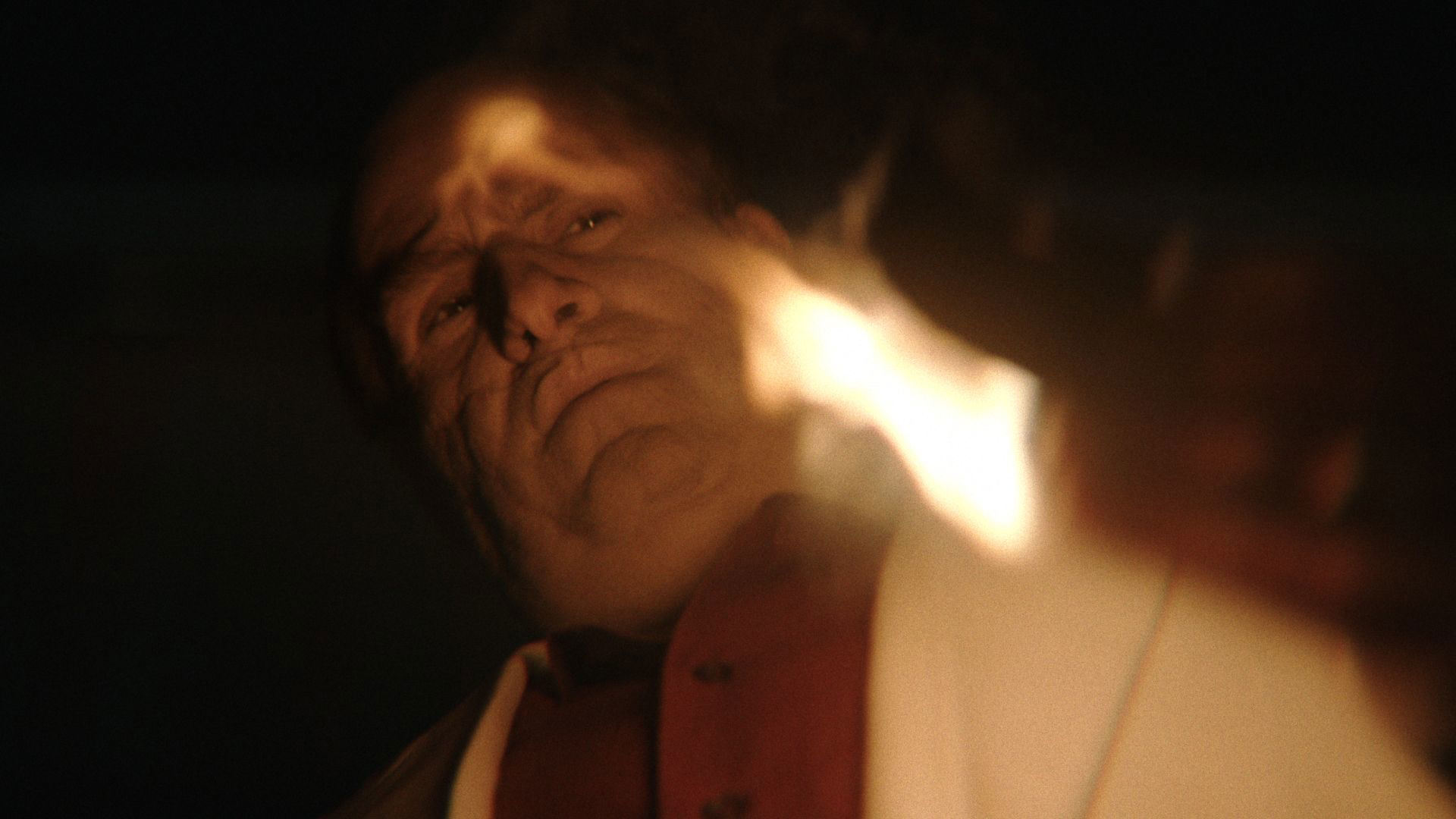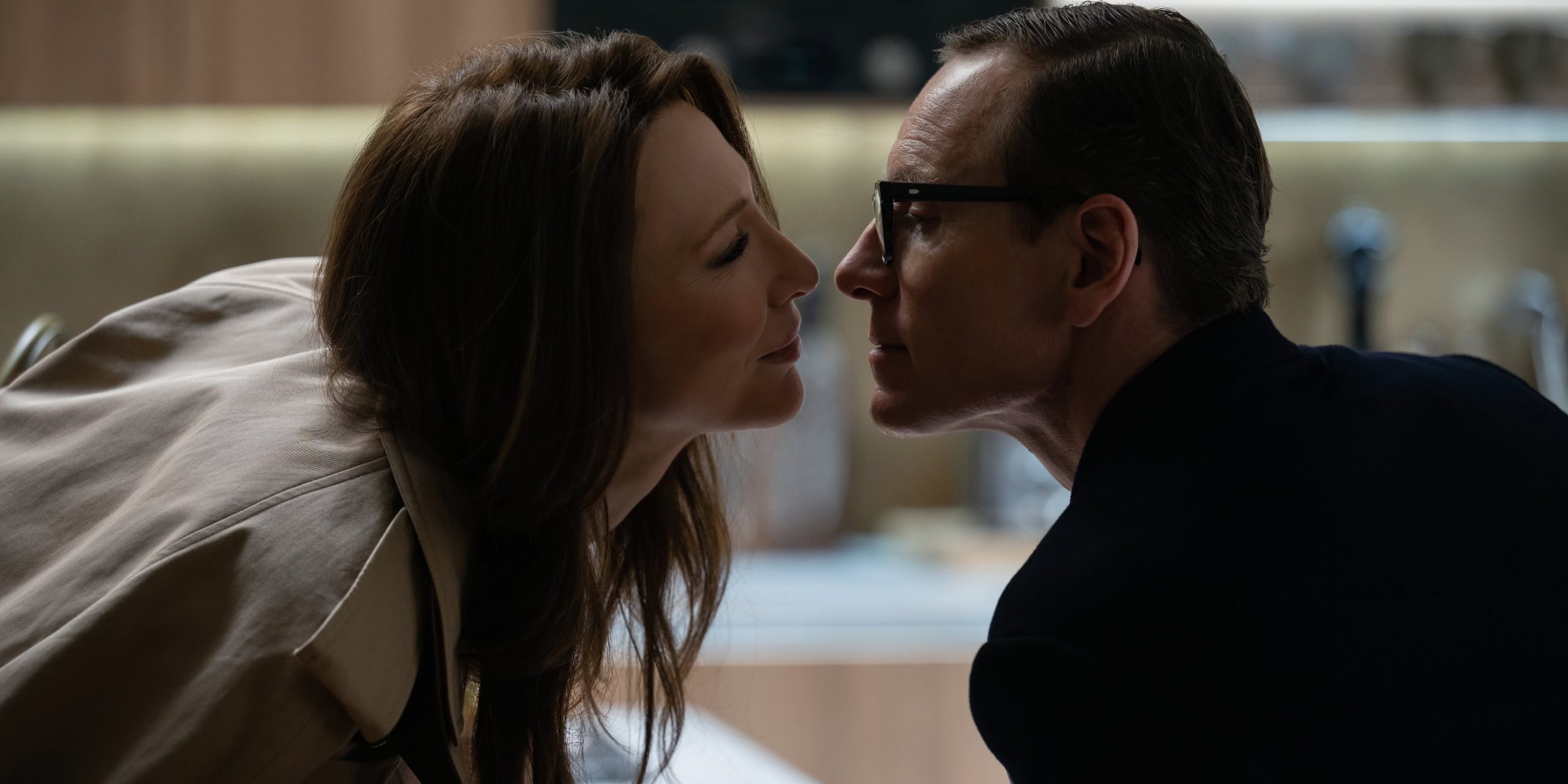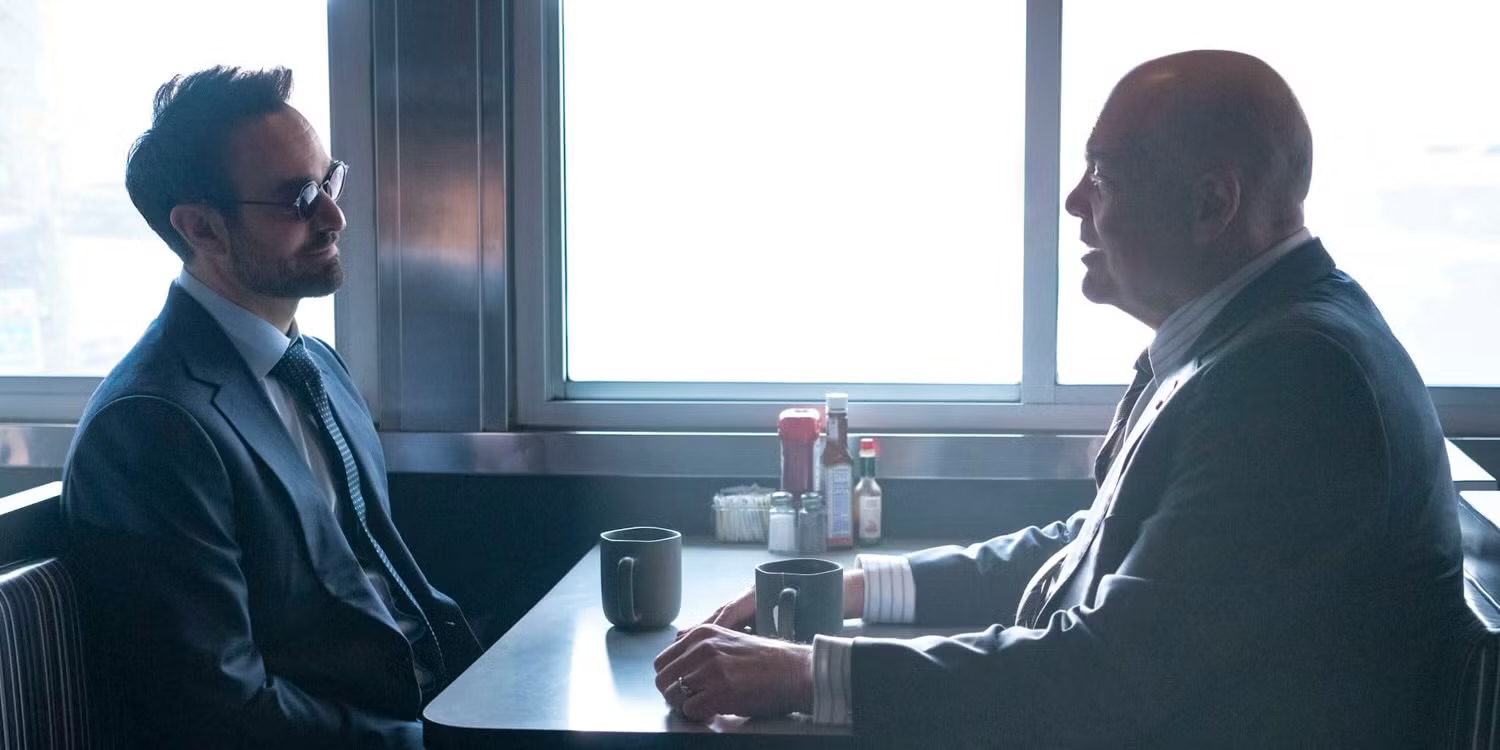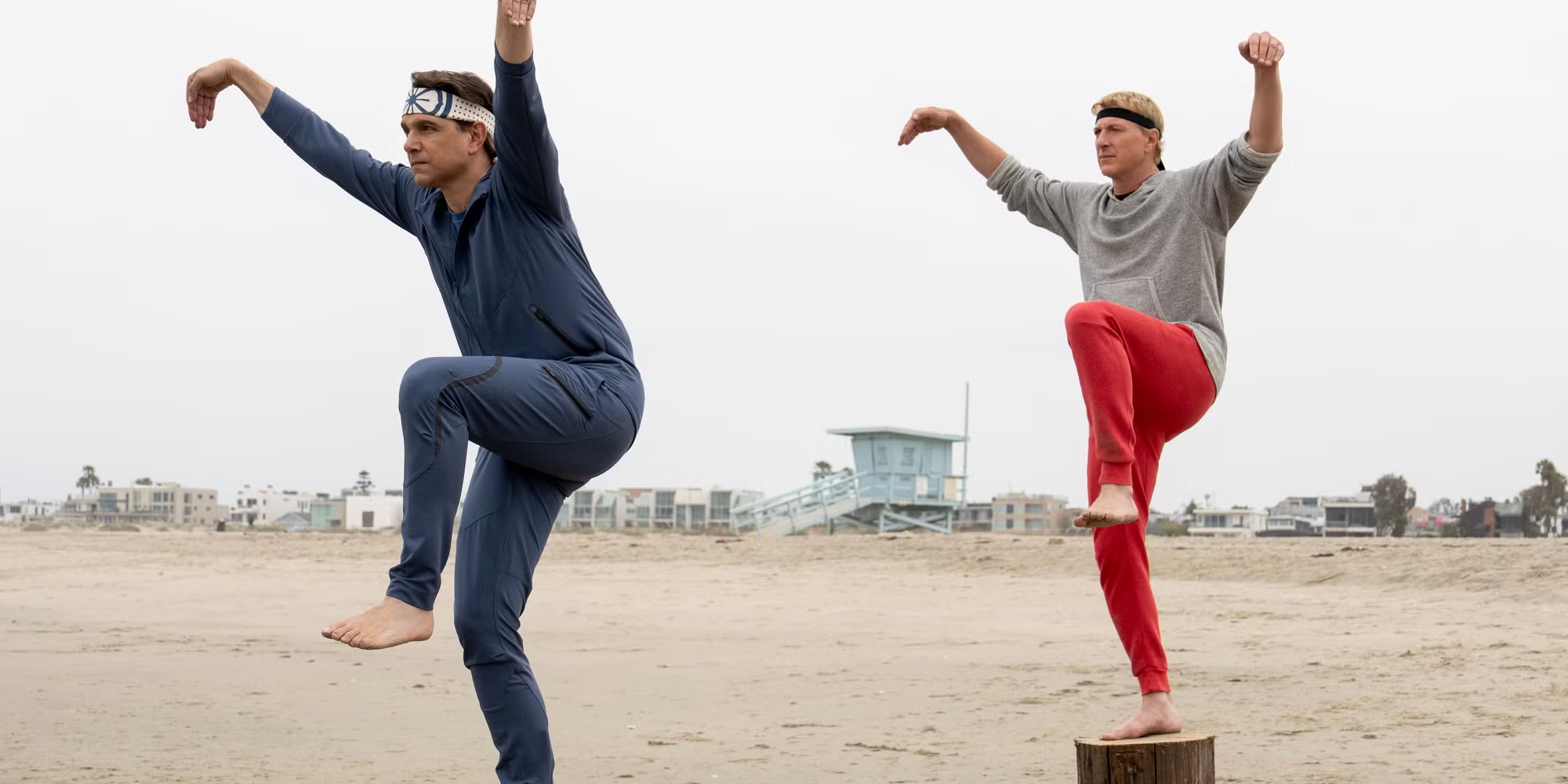The Penguin
The following contains spoilers for The Penguin.
It’s hard to believe that The Penguin premiered back in September and closed this past weekend. It consistently kept critics and audiences alike coming back for more every week. This is quite a remarkable feat, considering that you are demanding that your audience follow a series in which the main character is a villain, and everybody in his orbit is a criminal to some extent. Everyone here has vulnerabilities and can be sympathetic at times, but we are always reminded just how evil they are. Of course, this is Gotham City, and honestly my favorite depiction of it to date. Nobody has captured it nearly as well as Matt Reeves did with 2022’s The Batman. He serves as an executive producer here, and with this eight-chapter miniseries freed from the confines of the PG-13 rating, the result feels more extreme, more oppressively brutal, bloody, and foul. Showrunner Lauren LeFranc and her team have created something special: a story of Oz Cobb’s rise to power that follows up on the events of Reeves’ film and will lead into the sequel.
But while this ascent to the top is inevitable from the beginning, the big question is what the personal cost will be for Oz, who only really dons The Penguin title in the finale. Sunday night closed out the show, giving us a series with plenty of compelling characters with fantastic arcs, and a narrative that is mostly focused. The performances are outstanding across the board, particularly Colin Farrell reprising his role from The Batman as Oz/The Penguin. Cristin Milioti is scene-stealing and superb, serving as both an enemy as well as an uneasy ally to him. Rhenzy Feliz serves as our window into this man’s life, with the two forming a twisted father/son relationship as the series progresses. But Oz has promised Francis a penthouse view of the city, an escape from the slums–which have been further damaged by the Riddler’s bombs, no matter what he has to do to get it. Vic also lost his family in the flood, and it has been his dream to live in a better part of the city. Sofia desires to claw her way to the top, and it’s difficult for her as well. So this show is an underdog story of sorts, taking place in a seedy, violent city with warring gangs and of course the Falcone and Maroni families fighting for power. There is definitely a class struggle present here.
Poor Vic lost his family in the flooding of the city and turns down the opportunity to leave with his girlfriend. He should have taken that train, because his tragic death is arguably the show’s biggest gut punch, particularly because it’s at the hands of the man he had just admitted was like family. His murder really marked the most significant transformation of The Penguin into a full-fledged villain who was already on the trajectory to losing his soul. Sadly, after what happened to his mother, Oz realized that there can be no room for personal attachments anymore, and so Vic had to die. We knew that the boy would not rise to the top when all was said and done, but he suffered a cruel fate. Remember when the two of them were enjoying slushies after a hard night’s work as the premiere concluded?
Oz is, at the end of the day, who it has always been about, even with the rest of the A-list cast here. Yes, The Penguin has drawn some comparisons to The Sopranos, particularly because the main character is a heavy-set mobster with a limp and mommy issues. But there are also undeniably elements of Breaking Bad here, with Oz taking this young protégé under his proverbial wing–recalling the sort of bond between Walter White and Jesse Pinkman, which likewise became tragic. And much like Walt, he will murder on an impulse even if he comes to deeply regret it. Consider Alberto Falcone in the premiere, for instance: he was gunned down before the opening titles just for laughing at Oz–an action for which he seriously incurred the wrath of Sofia.
Now let’s talk about Milioti’s fantastic performance and arc as Sofia. Thematically, her backstory is arguably the least subtle, as she is surrounded by men who are–almost without exception–viciously cruel to her. (Down with the patriarchy!) The revelation that her father murdered her mother is hardly a shocking one, but that she was framed and locked away in Arkham for killing other women using the same motif is for her a fate worse than death. After numerous psychiatric “sessions” with Dr. Rush, it’s no wonder Sofia finally snaps and murders Magpie. It’s the first of many scenes throughout the series that should earn the actress some much-deserved attention come Emmy season. When she decides to gas her entire family except for the little girl, you wonder if the writers drew inspiration from the famous “Red Wedding” massacre in Game of Thrones. It’s equal parts fascinating and horrible to watch her torture Oz–monster though he may be–especially in the finale by forcing those hard truths from him by threatening to sever Francis’s pinky with a cigar cutter. How terrible she feels when she realizes that she has gone from one institution to another, still feeling trapped, and in the end she is back in Arkham. The letter from Selina Kyle is a nice little tie-in with the larger Batman universe, considering how much Selina had it out for Carmine.
Speaking of Francis, Dierdre O’Connell plays her sublimely, and her dementia is consistently handled tastefully. Like the other characters here, there is much more nuance to her. Unfortunately, I think that the focus on Oz, Sofia, and Victor leaves her with the shortest end of the stick and emerges as the least developed character, as the flashbacks to her son’s childhood come late in the game. They do reveal his darker side even from such a young age, and she has the devil living with her. Even in present day, his ulterior motives are to have her love and approval, not to mention how hard he fights to get them out of the slums to that penthouse with a view of Gotham. Sadly, the biggest tragedy is that she ends the show in a catatonic state, unwilling to give her son the satisfaction that he so desperately desires. That final scene with him using Eve to keep his mother alive, dancing to that music while she wears his mother’s dress and telling him what he has always wanted to hear, is twisted and reveals his Oedipus complex.
Yet while I understand that this story was originally part of The Batman: Part II and was chopped for time, the biggest problem is that, especially in the final few episodes, the limited series meanders a bit too much in places. Yes, the eleventh-hour revelations that Oz murdered his brothers as a young boy and that he knew his mother’s plan to have him killed because she hated him so much were crucial to his character development. But at this point, we have already spent an entire episode with flashbacks to Sofia’s childhood and wrongful imprisonment in Arkham. Episode Three does further the plot in present-day, but its primary focus is on Victor’s backstory, and the important choices that he makes moving forward. Again, there is nothing wrong with developing the major players here, but I can’t help but feel that there is enough material for at least one or two more episodes.
But none of this prevents this bird from taking flight, with terrific drama and a character-driven narrative. Yes, there is action and plenty of mobster violence, but while these scenes are undeniably shocking, they are always in service of the story. Even though it was intended to be a limited series, I would not be surprised if a second season was announced. Farrell has said in interviews that he despises walking around caked in layers of prosthetics and that fat suit. However, if someone has a great idea for more, he is willing to consider going back to the makeup chair. With both Reeves’ upcoming sequel and more spin-offs on the horizon, I am looking forward to whatever we get next from the DC universe. Oz may be no Tony Soprano, but he doesn’t need to be for the series to succeed. The Penguin has officially cemented itself as a great show that can soar in the television landscape.




Post Comment